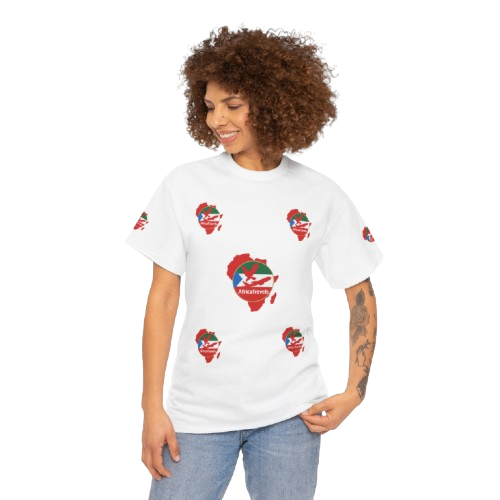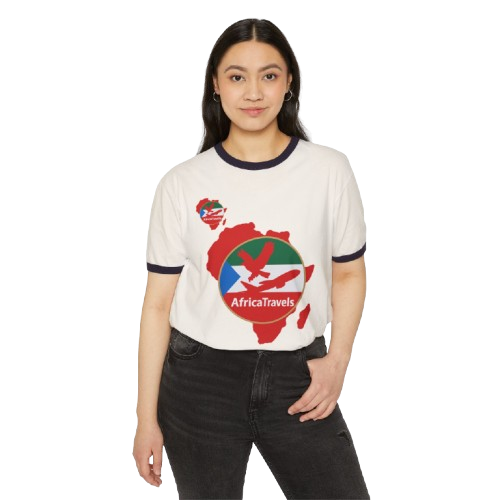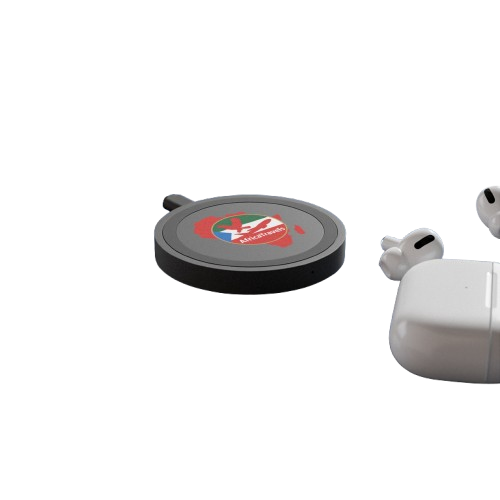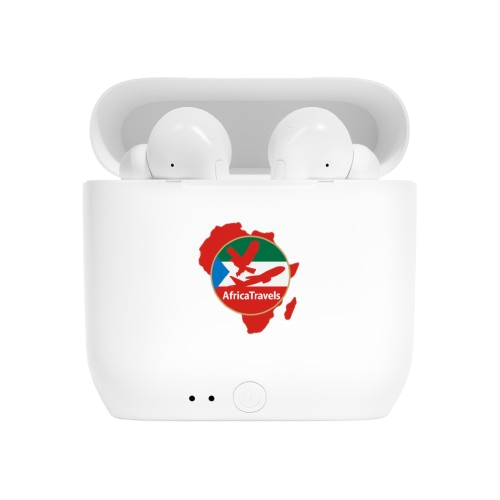

Ceiba Airways©
Conectando Guinea Ecuatorial con África.
Conectando Guinea Ecuatorial con el mundo.

Ceiba Airways©
Conectando Guinea Ecuatorial con África.
Conectando Guinea Ecuatorial con el mundo.
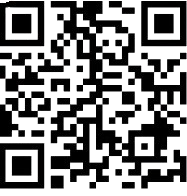

Ceiba Airways© es una respuesta a las necesidades actuales del mercado y al verdadero potencial del comercio aereo regional desde Guinea Ecuatorial como ventana hacia el mundo.
Una apuesta para África desde África.
赤道几内亚共和国对非洲的承诺。
Calidad reconocida
★★★★★
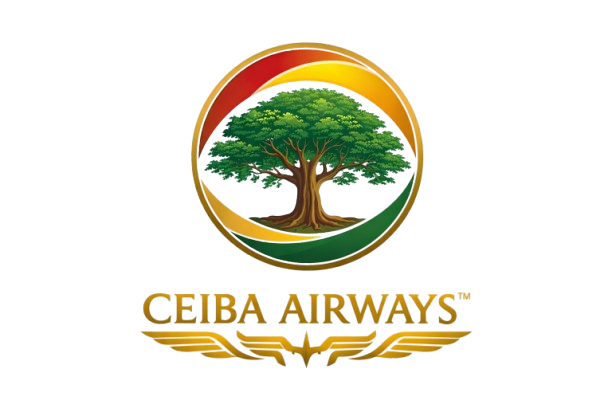



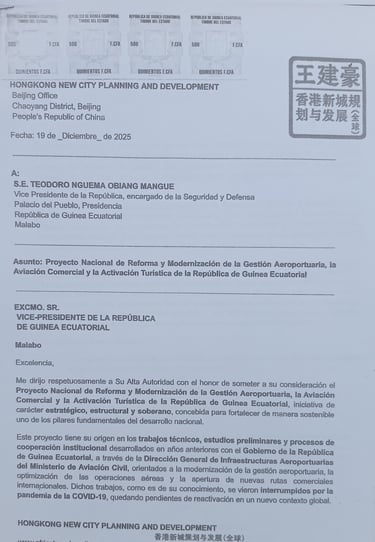

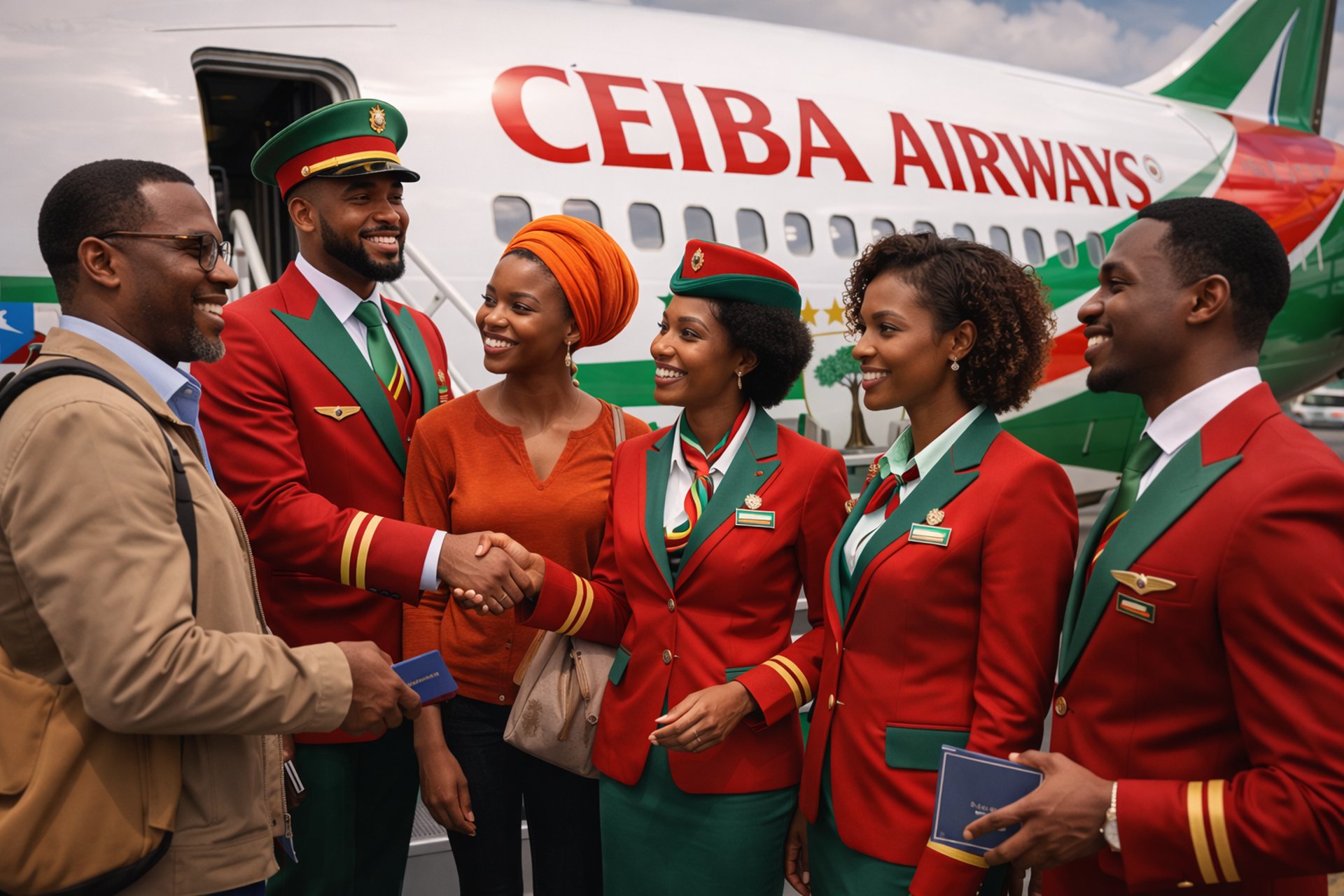
Ceiba Airways©
Conectando Guinea Ecuatorial con África.
Conectando Guinea Ecuatorial con el mundo.



ONE-AFRICA BUILDING©
Plataforma Inmersiva de Contenidos, Identidad y Entretenimiento Africano
Categoría: Ecosistema tecnológico–cultural | Realidad virtual (VR) | Experiencia inmersiva
Aplicación principal: Aviación comercial, transporte premium, espacios institucionales y corporativos
Integración destacada: AfricaTravels Airlines© – Entretenimiento en cabina
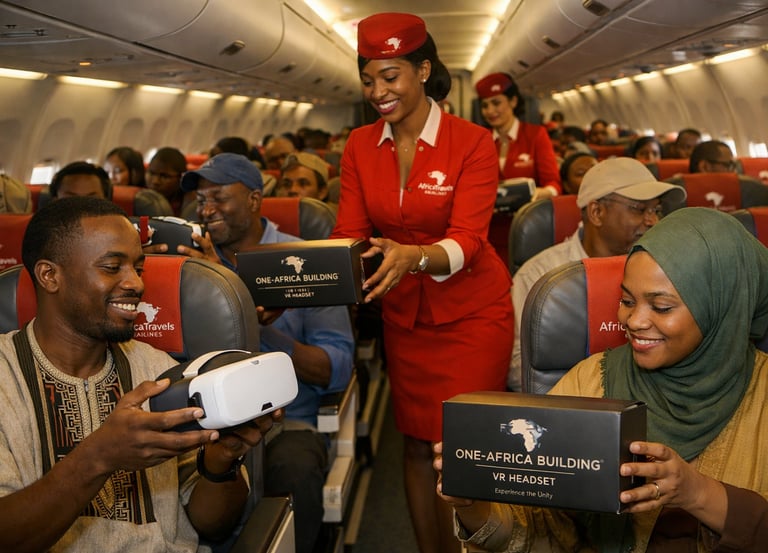

DESCRIPCIÓN GENERAL
ONE-AFRICA BUILDING© es una plataforma inmersiva de realidad virtual diseñada para conectar, representar y proyectar África a través de experiencias audiovisuales de alta calidad. No es un dispositivo aislado, sino un ecosistema narrativo y tecnológico que transforma el entretenimiento en una herramienta de identidad, educación y posicionamiento estratégico.
PROPUESTA DE VALOR
África como protagonista, no como espectador.
Tecnología de vanguardia con contenido propio y curado.
Experiencia premium integrada al viaje, no añadida como accesorio.
Branding soberano: África firma su propia innovación.
CONTENIDOS DISPONIBLES
Cine africano contemporáneo y clásico
Documentales históricos y culturales
Experiencias VR de ciudades, rutas aéreas y territorios africanos
Narrativas patrimoniales, educativas y futuristas
Contenidos exclusivos ONE-AFRICA BUILDING©
EXPERIENCIA A BORDO (CASO DE USO)
En vuelos de AfricaTravels Airlines©, los pasajeros reciben gafas de realidad virtual ONE-AFRICA BUILDING© —en caja o sueltas— entregadas por la tripulación, integradas al protocolo de servicio y al diseño corporativo.
Resultado:
Mayor inmersión del pasajero
Diferenciación clara frente a aerolíneas convencionales
Valor añadido percibido sin incremento de fricción operativa
BENEFICIOS CLAVE
Para el pasajero
Entretenimiento inmersivo, cultural y exclusivo
Conexión emocional con África durante el viaje
Para la aerolínea / operador
Posicionamiento innovador y afrocentrado
Mejora de la experiencia de marca
Plataforma escalable y actualizable
Para instituciones y partners
Herramienta de proyección cultural y educativa
Soporte para diplomacia cultural y soft power africano
IDENTIDAD DE MARCA
Nombre: ONE-AFRICA BUILDING©
Mensaje central: Una África. Una narrativa. Una experiencia compartida.
Enfoque: Afrocentrismo moderno, elegancia tecnológica, unidad continental
DIFERENCIAL ESTRATÉGICO
ONE-AFRICA BUILDING© no entretiene solamente.
Construye memoria, futuro y presencia africana en el espacio global.
ESTADO DEL PROYECTO
✔ Concepto validado
✔ Integración visual y operativa demostrable
✔ Escalable a aviación, ferrocarril, hoteles, museos y eventos internacionales
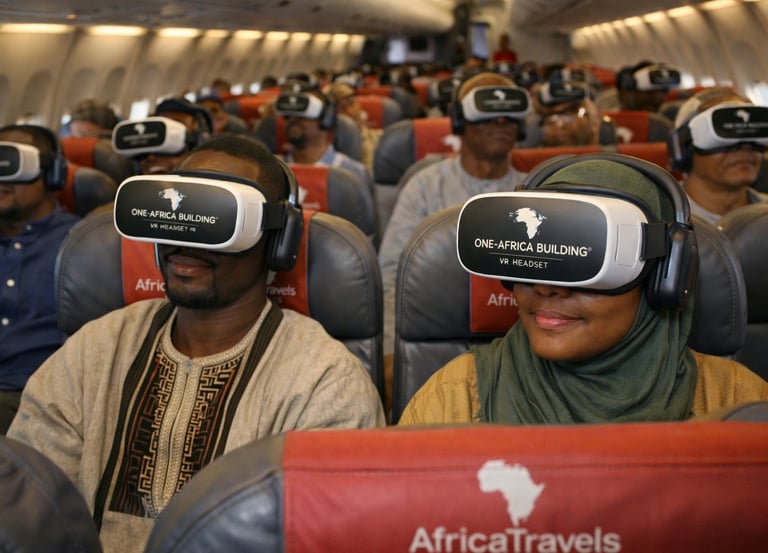

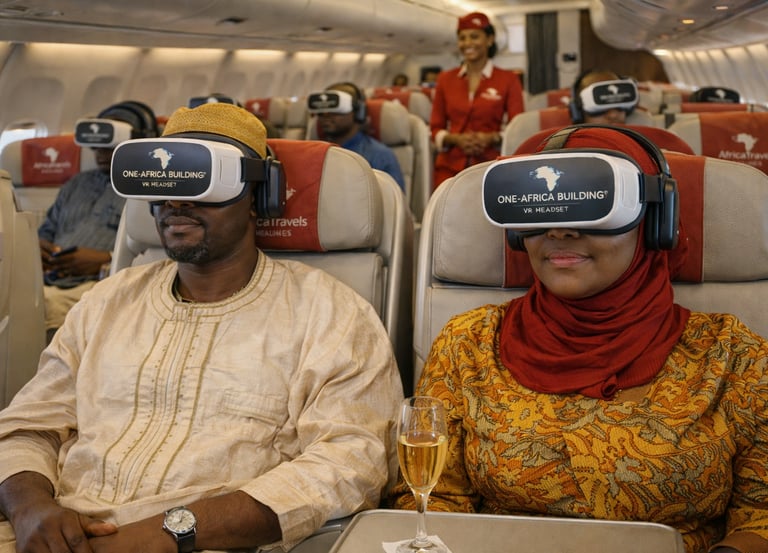

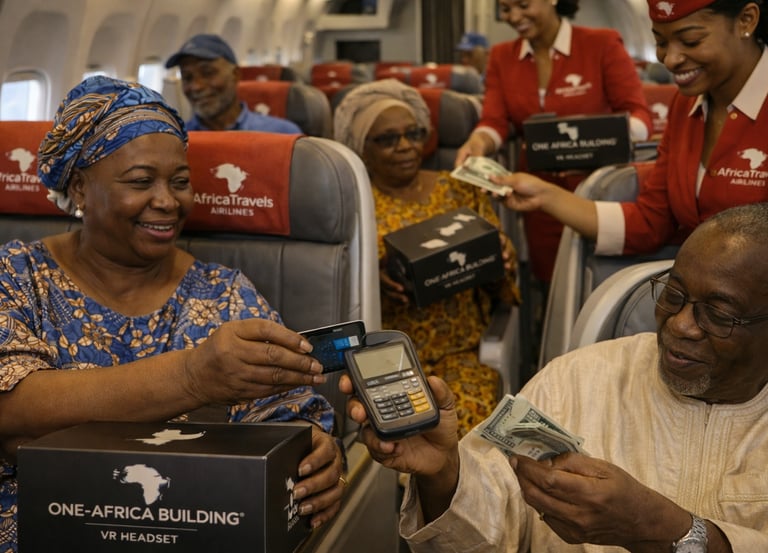



Nuestros servicios
Transporte aereo comercial con rigor técnico y seguridad operacional.


Gestión integral
Administramos un sistema de transporte internacional con soberanía.
Seguridad operacional
Implementamos estándares internacionales ICAO e IATA.
Capacitación
Formamos al personal nacional para la transferencia de capacidades.


Suscríbete aquí
Recibe actualizaciones oficiales y noticias clave
Contacto
Estamos aquí para atender sus consultas y colaboraciones.
MerkaGuinea©
Ceiba Airways©
Conectando Guinea Ecuatorial con África. Conectando Guinea Ecuatorial con el mundo.
OFICINA INTERNACIONAL
Newsletter
info@africatravels.online
+447763775585
Ceiba Airways©
© 2026. All rights reserved.


OFICINA CEMAC
+237687175071

